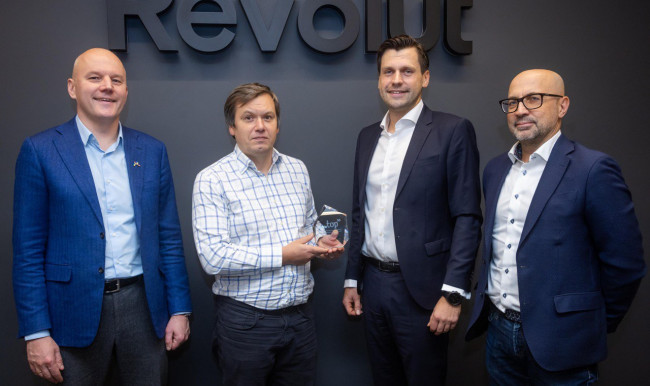
Corporate value oxymorons - when openness trumps finance
Kristupas Kukarskas,
Partner at Confidentus
It is possible to be a bigger, financially stronger company, but not necessarily a more valuable one. Today, the value of a company is made up of many variables – its financial situation, future prospects, the ranking of the sector in which it operates. However, in addition to these financial criteria, corporate transparency, openness, sustainability, corporate governance and best practice are becoming increasingly important components of the assessment.
The first-ever survey of the TOP30 most valuable companies in the Baltics, conducted across all three Baltic States, has revealed some very surprising findings. The Baltic Top 30 list of the most valuable companies in the Baltics includes companies with a value ranging from EUR 561 million to EUR 4.7 billion. These include ten companies with headquarters in Lithuania and Estonia, three companies registered in Latvia, and seven companies with a wide range of activities in all three Baltic countries, although they are headquartered in other countries.
It was a close call for Thermo Fisher Scientific Baltics, with a significant increase in turnover and a position in what is considered to be a more promising sector of activity, to overtake Vilniaus Prekyba, the seemingly unshakeable flagship of retail in the Baltics. Corporate governance was the main factor that brought the 1st place position to Vilniaus Prekyba. In other words, if Thermo Fisher Scientific Baltics had paid just a little more attention to corporate openness, it is likely that we would have had a different winner this year after the final ranking.
It seems so easy for companies to disclose more information about themselves publicly, to put more information on their websites about their activities, their values, their social responsibility, their financial results, their governing bodies and their members, their shareholders. Yes and no. In addition to the key business indicators, companies are increasingly looking at other important indicators such as environmental sustainability, transparency of business processes, adoption of and adherence to good practice policies, in order to improve their reputation and their image in the eyes of investors and the public. It is no longer enough to declare principles publicly, but it is also necessary to adhere to them consistently, which requires much more effort than the mere fact of publicity.
The example of the ports of Klaipėda and Tallinn best illustrates why the size of a company's EBITDA does not mean victory in the final assessment - while no one doubts that the port of Klaipėda is the largest and most important port in the Baltic States in terms of cargo volumes, the port of Tallinn managed to break into the top 30 in the race for the most valuable companies in the Baltic States, while the port of Klaipėda, with its higher EBITDA, was left out of the Top 30. The answer is simple - the Port of Tallinn is listed on Nasdaq and made it into the TOP 30 because investors value the Port of Tallinn more highly than even other larger ports in Europe and on industry average. Of course, there is no single, all-encompassing and absolutely correct valuation methodology, but we see that other listed companies in the TOP 30 (Ignitis, Telia, etc.) are also valued more highly than the sector averages.
Today, when companies are increasingly expanding their activities in the global market, growing their national or even regional T-shirts, the aspect of attracting global investors is becoming very important, which is hardly possible without a constant and unpretentious attention to the non-financial part of a company's activity - transparency, openness and governance based on sustainability principles. For listed companies, these principles are an unavoidable part of their daily routine, but focus on sustainability is increasing even among companies that have no listing plans.
It is very likely that in the coming years we will see many interesting realignments in the most valuable companies race, which will help us to see and compare more Baltic companies that could certainly qualify for the Top 30, if only they decide to unlock the doors for public and let the assessors see the full picture, where companies' transparency, openness, and sustainability-based governance will be revealed alongside their financial data.


